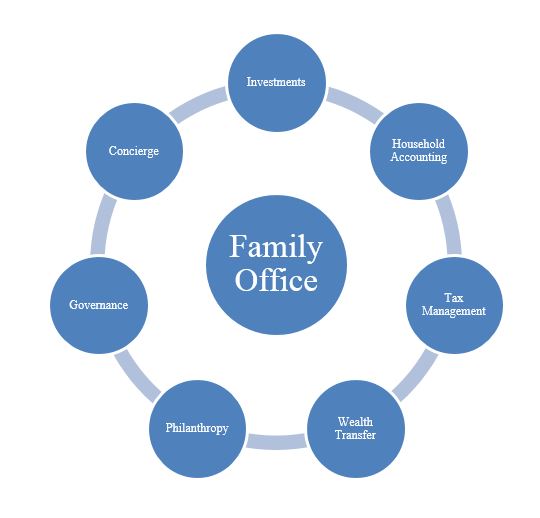Be Careful of IRS E-Mail and Phone Schemes
The following is a news alert that we received from Thomson Reuters/PPC, the tax research service to which we subscribe. It is very disturbing, and all our clients and friends of the firm should be aware of it:
Consumers and Tax Professionals Targeted in IRS E-mail Schemes: The IRS has seen an approximate 400% surge in phishing and malware incidents so far this tax season. The emails are designed to trick taxpayers into responding to official communications that lead to websites designed to imitate official looking websites. The sites ask for social security numbers and other personal information. The sites also carry malware which infect computers and allow criminals to access files or track keystrokes to gain information. “While more attention has focused on the continuing IRS phone scams, we are deeply worried this increase in email schemes threatens more taxpayers,” Koskinen said. Tax professionals also are reporting phishing schemes to obtain their online credentials. If a taxpayer receives an unsolicited email that appears to be from either the IRS e-services portal or an organization closely linked to the IRS, report it by sending it to [email protected]. IR-2016-28.
Rules of Thumb:
- If the “IRS” or “Treasury Department” calls you threatening legal action against you for a tax issue of which you are unaware, hang up – IT IS A HOAX! As we have pointed out in earlier blog posts, the IRS will never initiate action against you without following strict protocol and they will certainly not call you about something without corresponding with you in writing beforehand.
- Similarly with e-mail – if an e-mail claims to be an official communication, don’t believe it. Actually, try not to open it to avoid malware issues. The bottom line is, the IRS does not use e-mail for “official communication.”[1] However, if you have a doubt about the authenticity of an e-mail, you can call the IRS at the appropriate number (found at: https://www.irs.gov/uac/Telephone-Assistance) and speak with them about it. And, of course, consider reporting the incident as indicated above.
The Internet is a wonderful thing, but with the good comes the bad, and the ability to defraud uninformed taxpayers is right up there with the bad. Don’t let these geeky, tech-savvy criminals take a bite out of you.
[1] If you are already under examination and working with an agent, s/he may use e-mail to communicate with you, but you will already know who s/he is. In any event, the communication will not be “official.”



